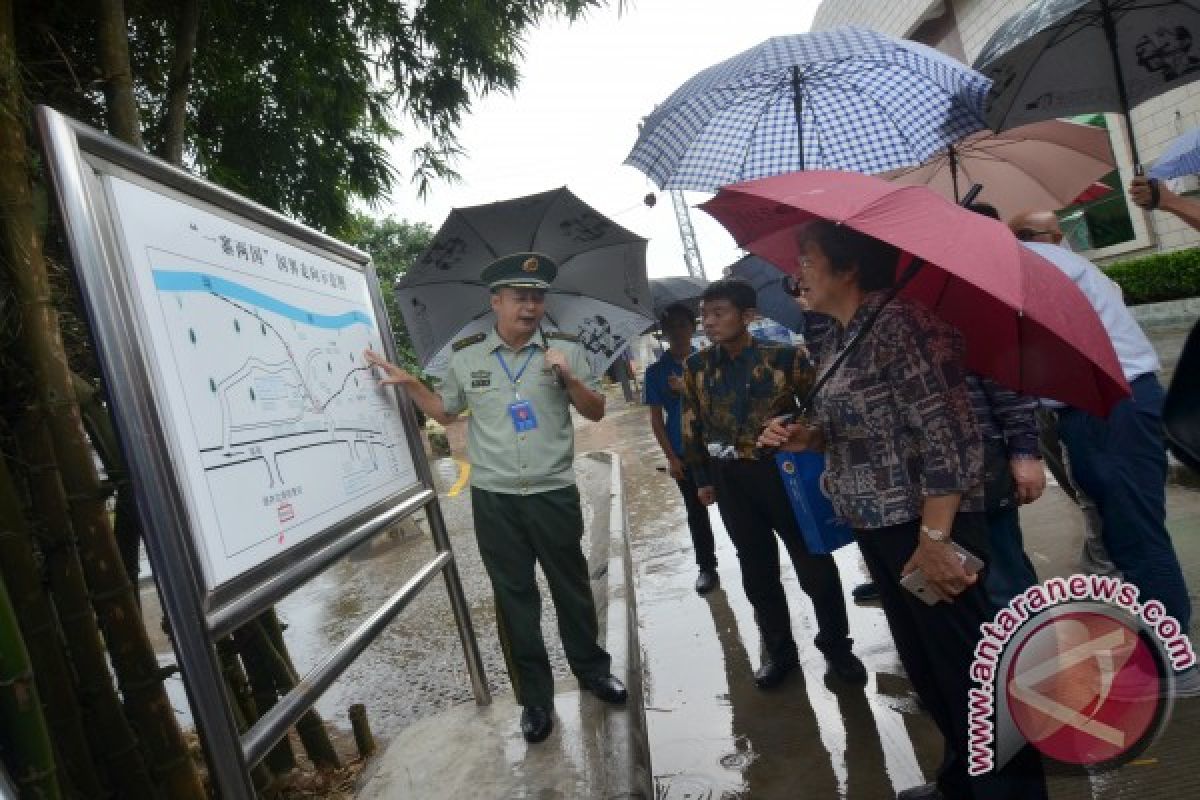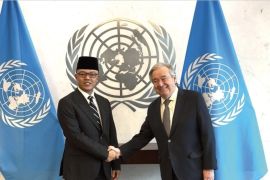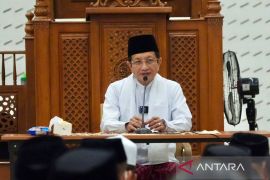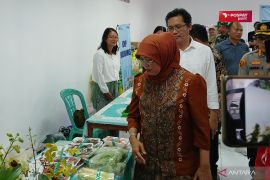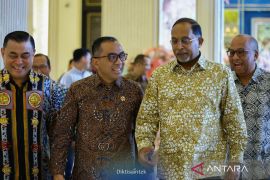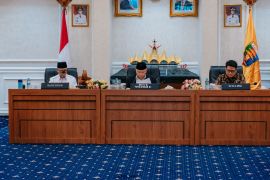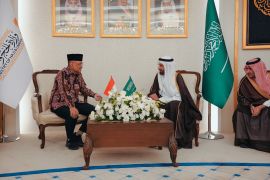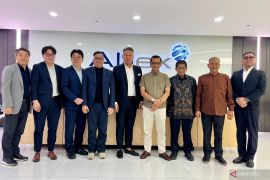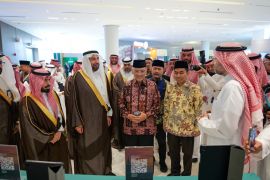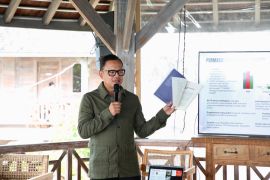The ASEAN journalists, who arrived in China on October 19, were invited by China Report and ASEAN-China Centre, the programs organizers, to visit several cities located along the ancient Silk Road in Jiangsu Province at the eastern China and Yunnan Province, which shares borders with ASEAN countries in the southwest.
They visited a number of industrial parks; sea and land ports; centers of industries, universities and Chinas cultural heritage sites; as well as learned the local culture and tradition.
In her closing remark here on Thursday night, Secretary General of ASEAN-China Centre Yang Xiuping, underlined the role of the media in promoting the ASEAN-China cooperation.
"I just hope you can send objective messages or signals of what have you have seen in China to the ASEAN countries," Yang said.
The 2016 media trip to China is the second year that such a program has been organized.
Last year, a group of ASEAN journalists had been invited to visit China, and over 50 articles on the Chinas One Belt One Road (OBOR) initiative had been published.
"Every article of the journalists was good; some articles were very critical, but they were good for changing the situation or drawing the attention of the government. Some criticisms are always better for the people and the government to make further progress," Yang said.
One of the visiting ASEAN journalists Anas Bin Abu Hassan of Malaysia said that he had learned many things during the media trip.
The most interesting part of the journey was the opportunity to learn the culture of the Chinese people, he said.
"We were able to learn historical values apart from the greatness of China," Anas said.
Another journalist Stephen Joel Paredes from the Philippines was also equally impressed by the facts discovered during the trip.
"We have been convinced about the fast development of China. Although China has been a developed country, it is still developing like other ASEAN countries," Joel said.
Meanwhile, Keutkhuanchai Malychansy from Laos hoped that the OBOR initiative will bring mutual benefits to all ASEAN countries, especially to his country.
"I hope it will boost the tourism and infrastructure sectors in Laos," he said.
The ASEAN journalists, who will be leaving China on Friday, will have to report or write stories to promote the ASEAN-China cooperation.
The 21st Century Maritime Silk Road Belt or OBOR is a Chinese strategic initiative to increase investment and foster collaboration across the historic Silk Road.
The Maritime Silk Road initiative was first proposed by Chinese leader Xi Jinping during a speech to the Indonesian Parliament in October 2013.
Through such initiatives, China seeks to build cooperation with countries in the Pacific and Indian Ocean for mutual developments in the regions.
Reporter: Aditya E.S. Wicaksono
Editor: Monalisa
Copyright © ANTARA 2016
